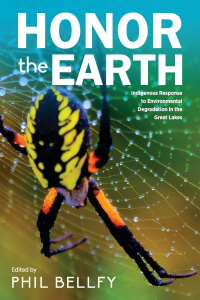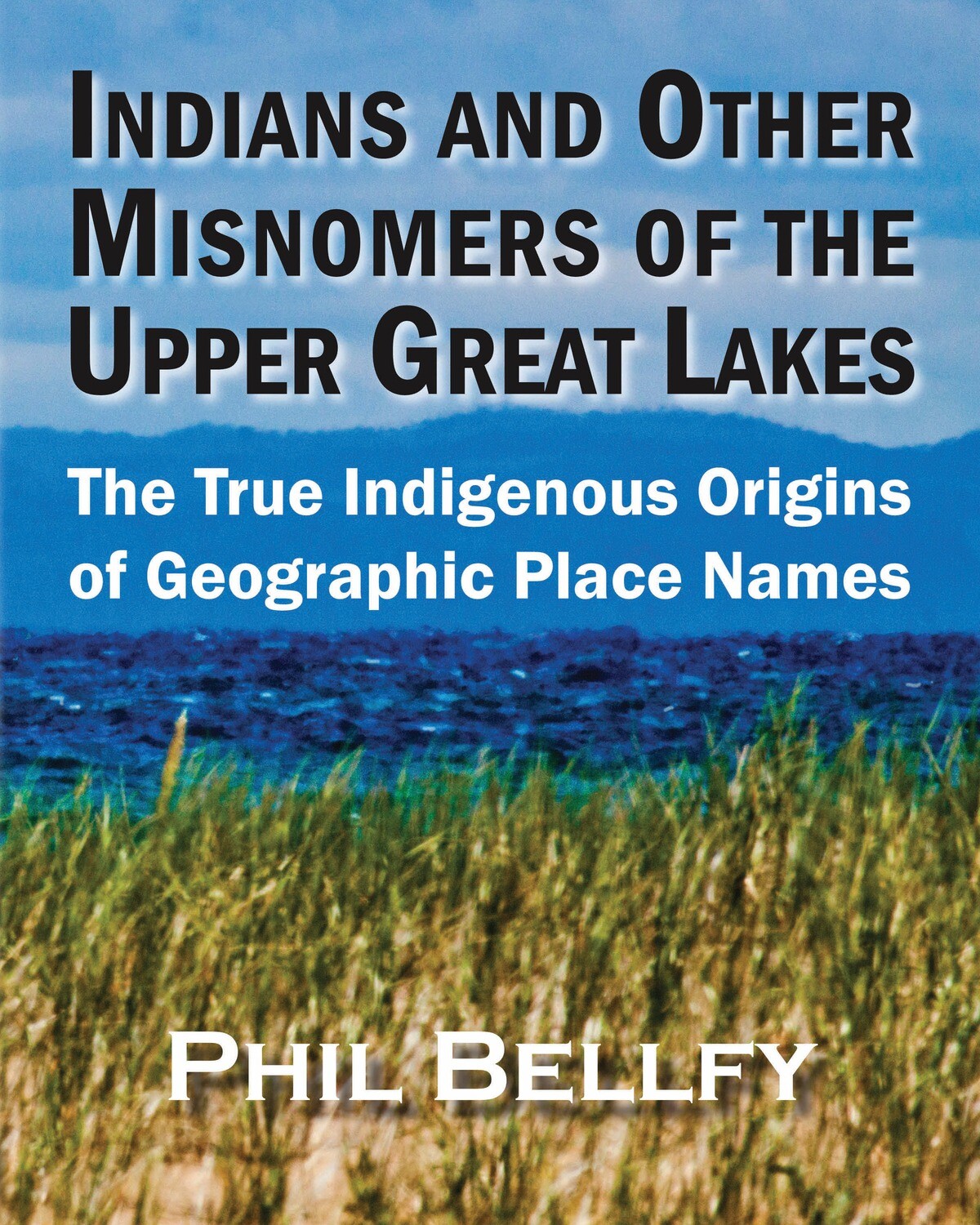 Honor the Earth: Indigenous Response to Environmental Degradation in the Great Lakes edited by Phil Bellfy.
Honor the Earth: Indigenous Response to Environmental Degradation in the Great Lakes edited by Phil Bellfy.Review by Tom Powers, Michigan In Books

Phil Bellfy
At the heart of most of the essays is the difference between Indigenous Peoples’ attitude to the earth and environment which is best summarized by living in balance with nature as opposed to modern society’s exploitation of the environment. The essays address a wide range of environmental concerns and the writing is often sharp, critical and outraged. One essay I found especially interesting and biting was on overpopulation and how Japan is so overpopulated many of her people are “literally tumbling into the sea.” Yet they are worried that their declining birthrate means in the future they will have fewer workers to “produce,’ and thus ‘consume’ whatever it is that’s produced.” The author then goes on to say, “Think about it. I suggest that this attitude signifies nothing so much as stark, staring madness. It is insane: suicidally, homicidally, ecocidally, homicidally insane.”






